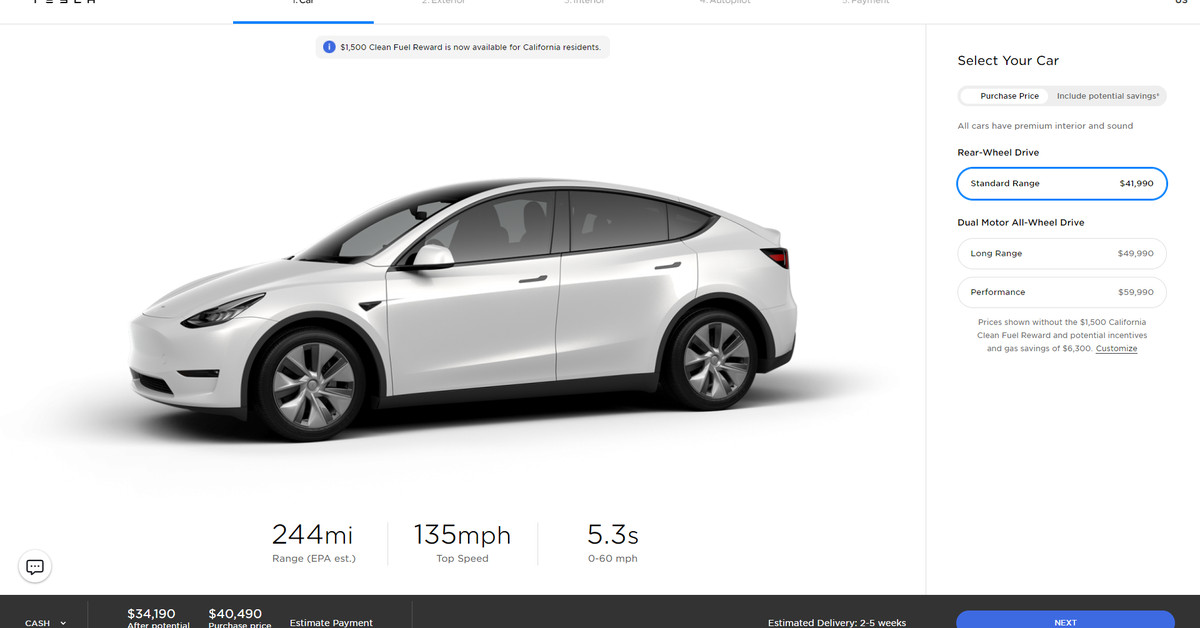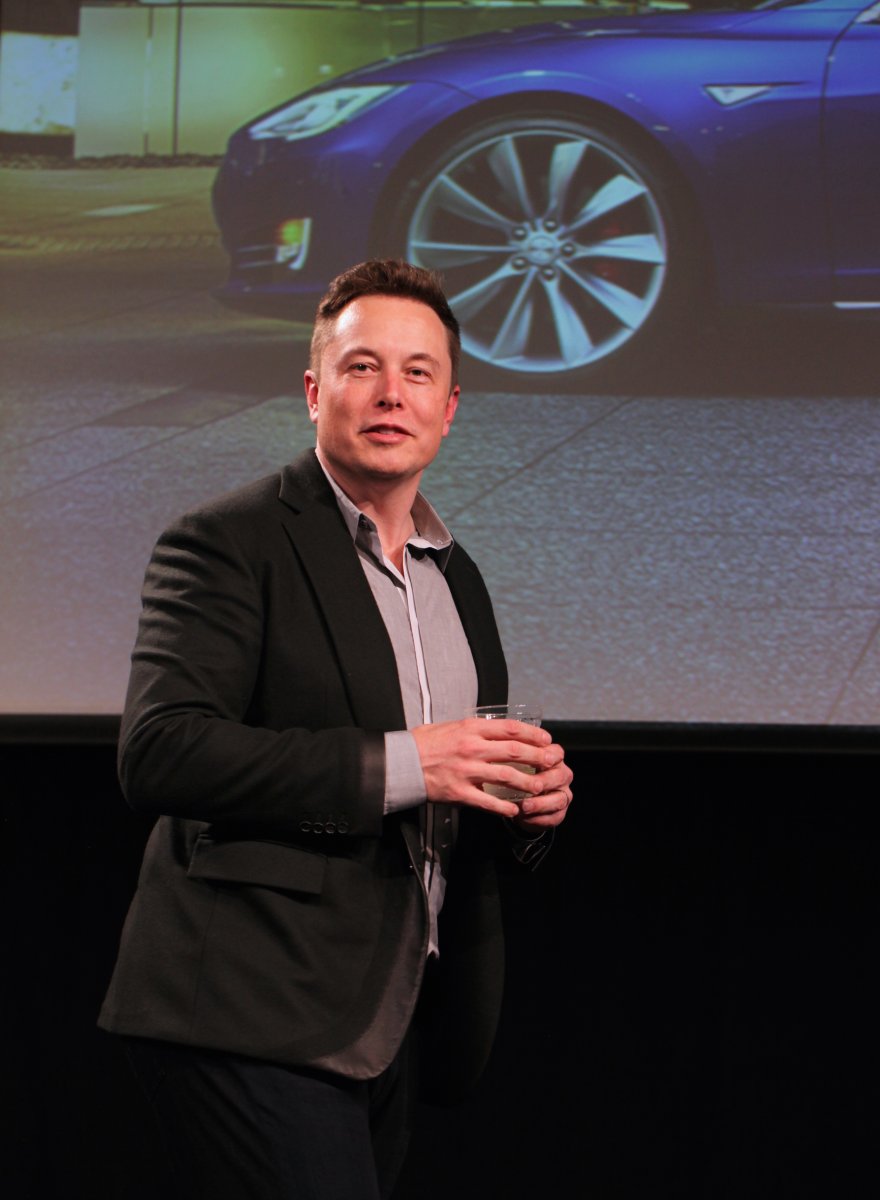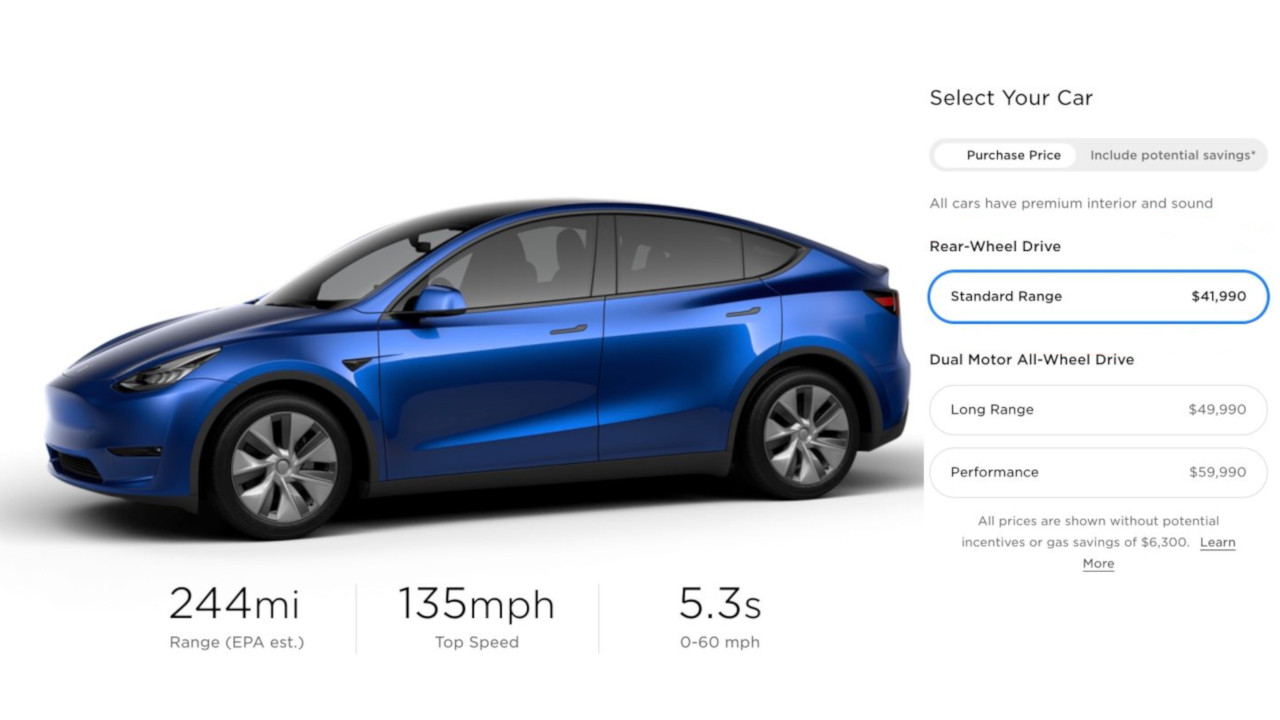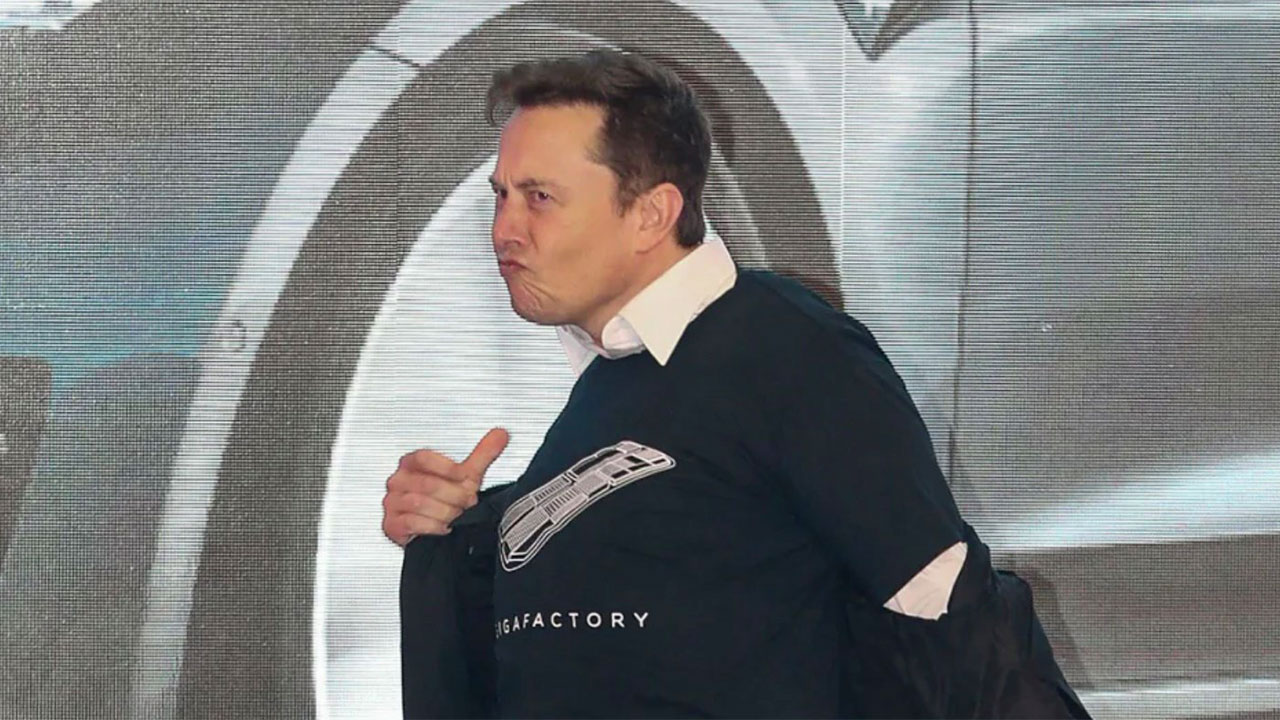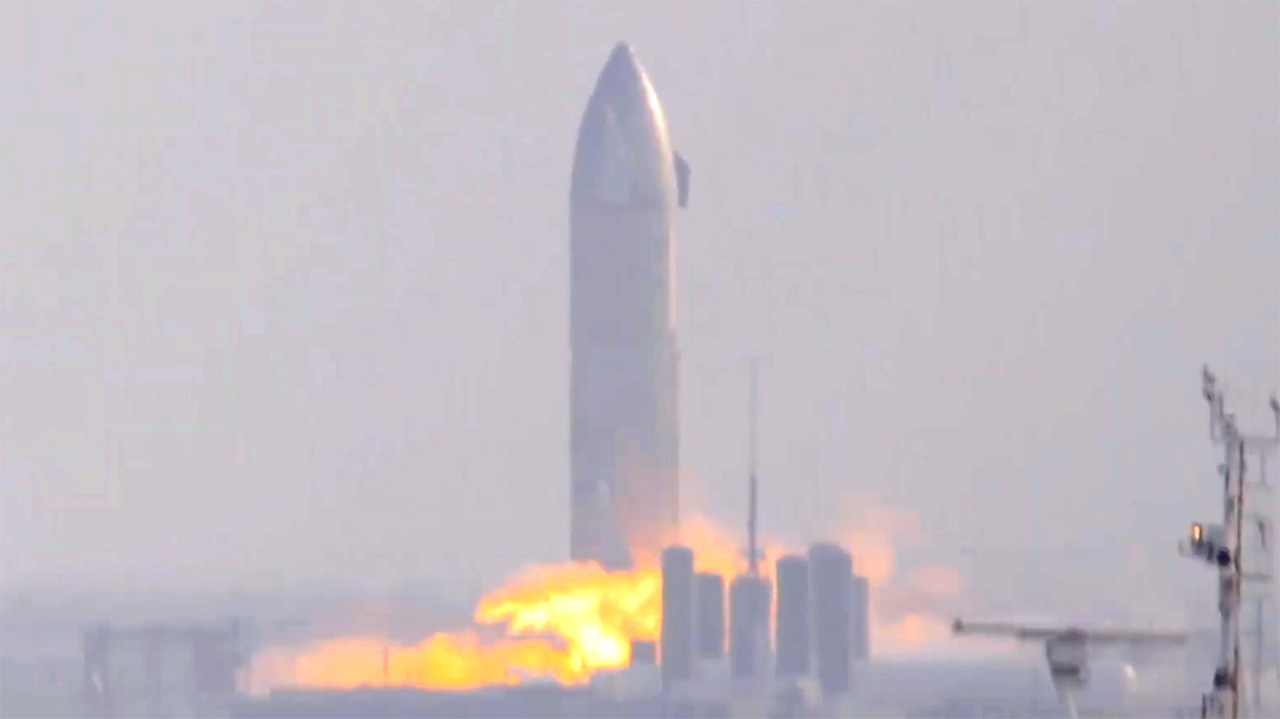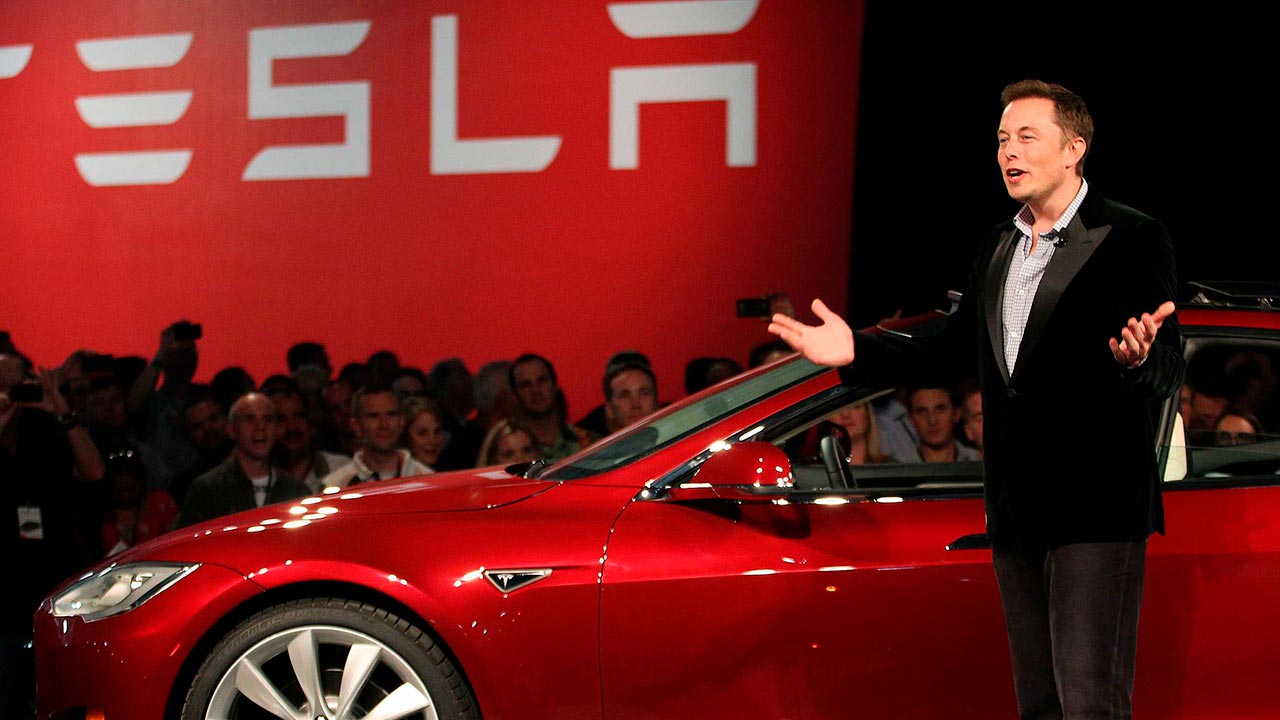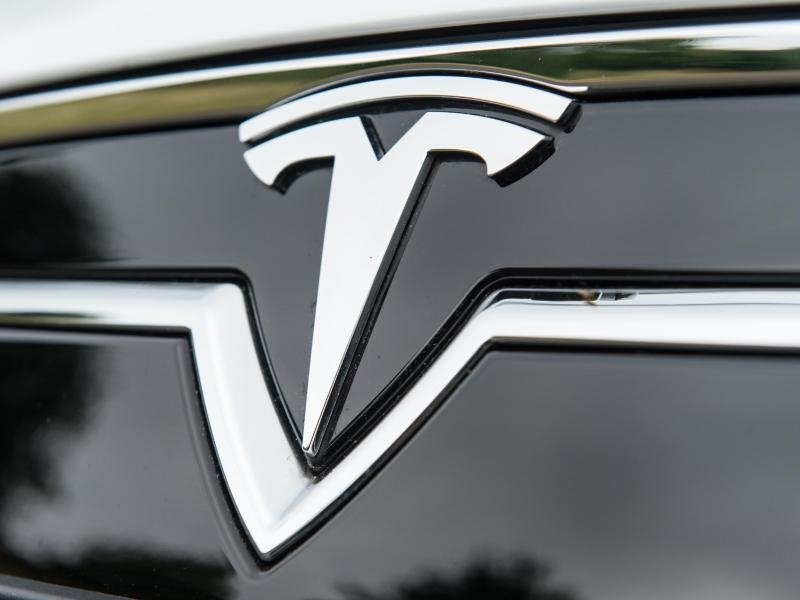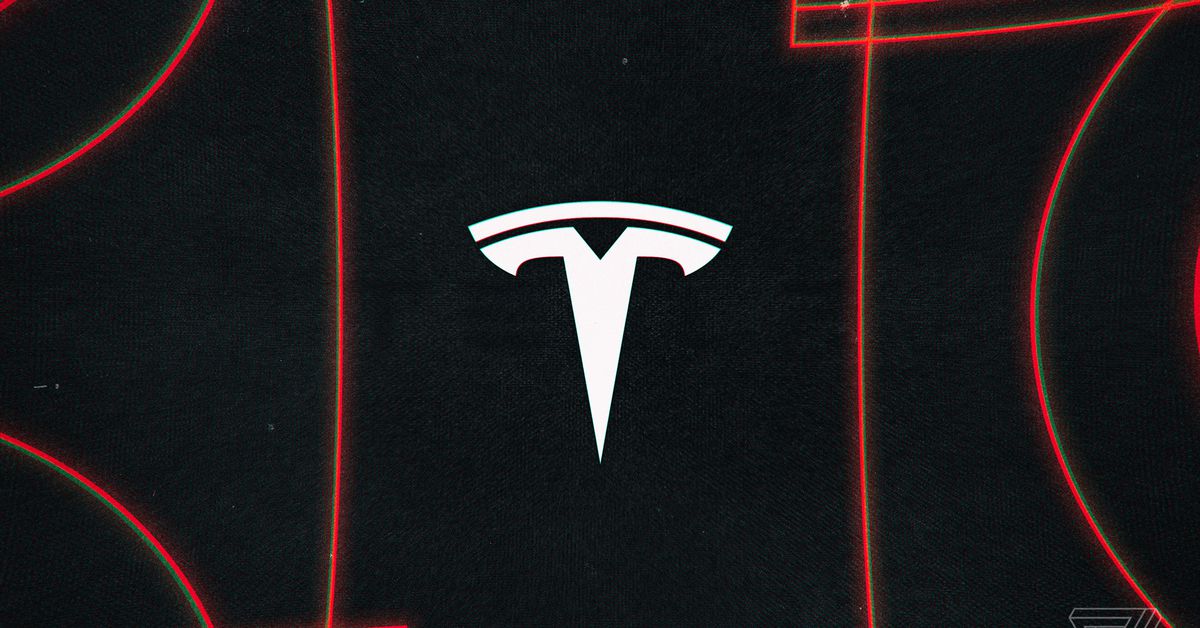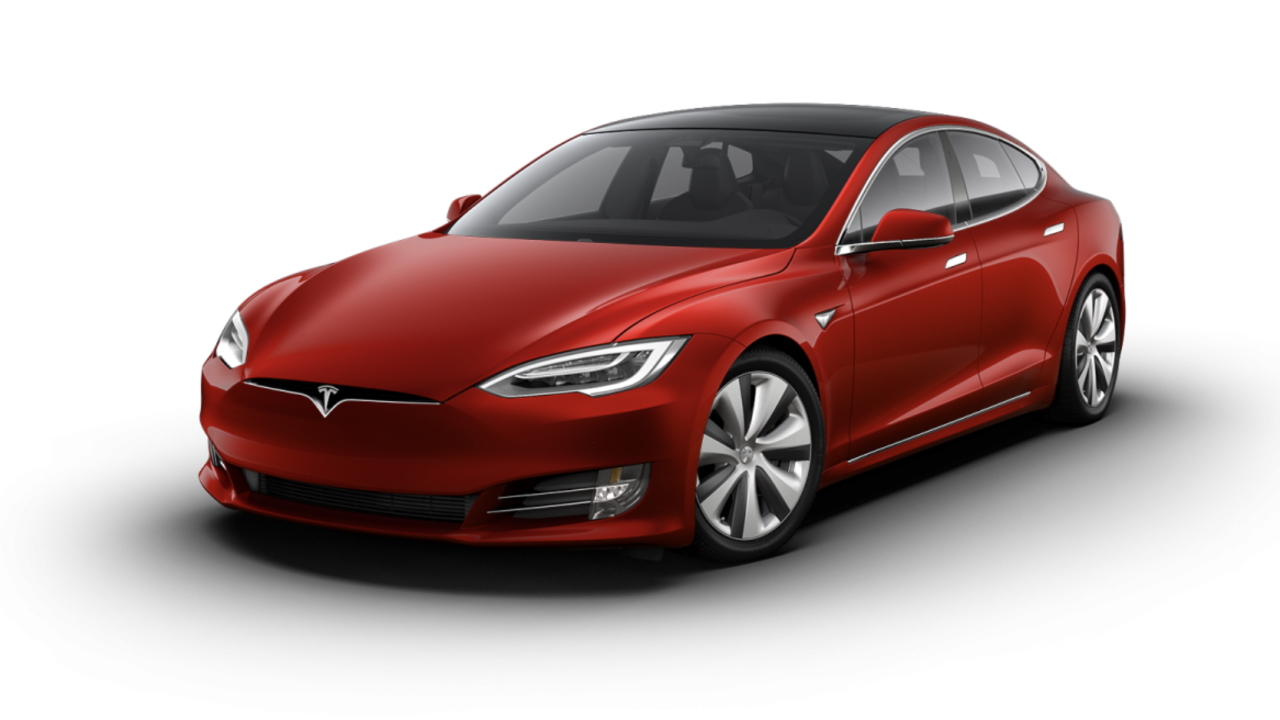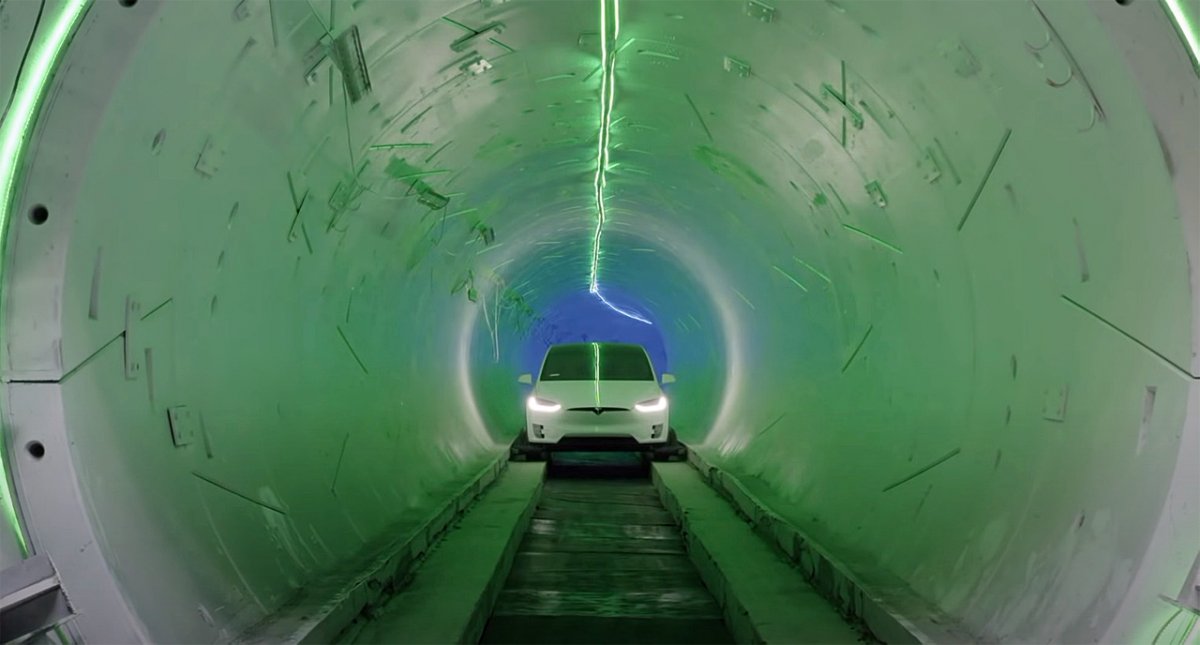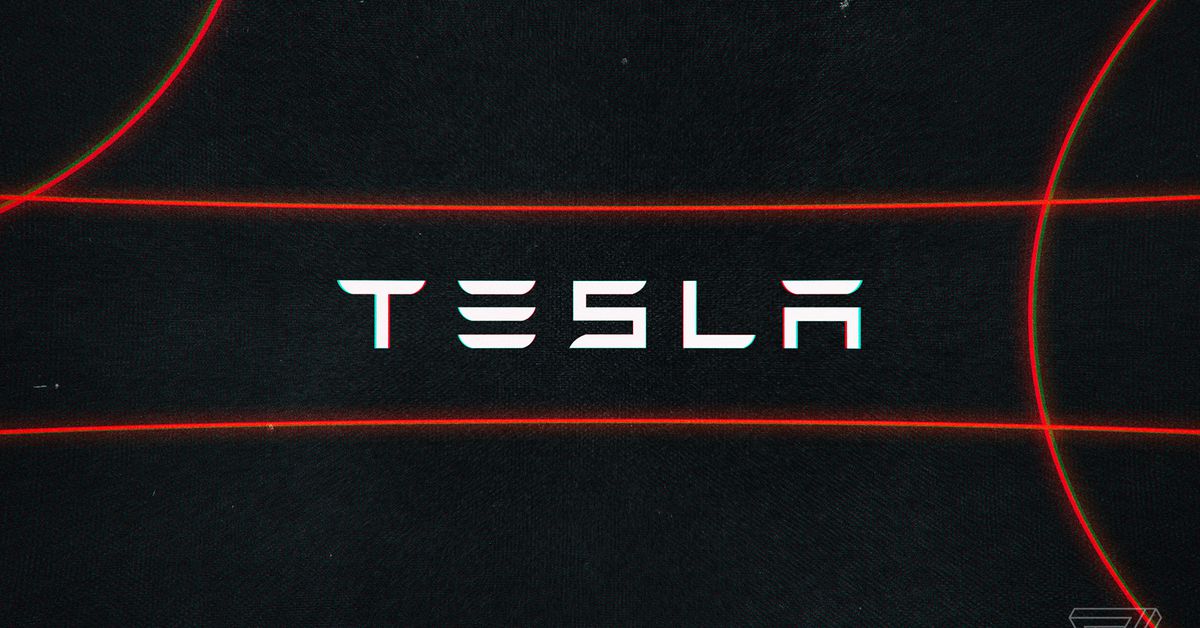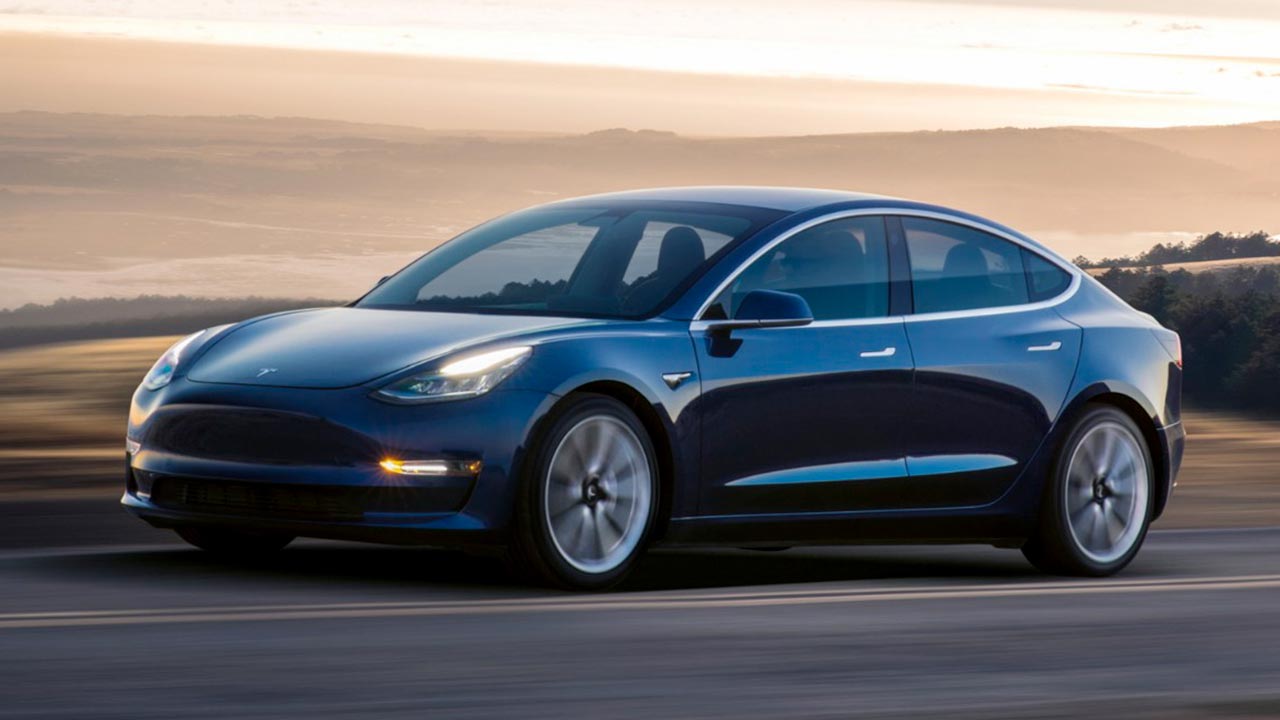The EU Commission is considering the operation of its own satellite internet. To this end, it has commissioned a feasibility study from a consortium of European satellite manufacturers and operators, telecommunications companies and rocket service providers for 7.1 million euros, the results of which should be available in a year.
According to the Airbus group involved, the system is intended to provide safe internet access for citizens, companies and public institutions and to open up white spots in rural and remote areas. If the project is approved, it would be the third major satellite-based European space project after the Earth observation program Copernicus and the GPS alternative Galileo, which is currently being developed.
Expectations and requirements Internal Market Commissioner Thierry Breton is one of the big supporters of the system, according to Airbus. This is to be based on the EU’s Govsatcom program for connecting and sharing satellite services and also use the results of the EuroQCI initiative, which promotes innovative methods for quantum cryptography.
The consortium, to which Arianespace, Eutelsat, Hispasat, OHB, Orange, SES, Telespazio and Thales Alenia Space also belong, is to determine the expectations of potential users and the requirements of the mission. The corporations should provide a preliminary draft design and concept for the provision of services and the associated costs.
Better critical infrastructure It will also be examined how the satellite system could improve and connect to critical infrastructures including terrestrial networks in order to strengthen the EU’s access to the cloud and provide digital services independently. The tasks also include finding out whether the project could strengthen the 5G ecosystem and the interoperability of different communication systems. The future 6G mobile radio technology should already be taken into account.
The head of the ArianeGroup, André-Hubert Roussel, appealed to the Commission to give the initiative in the area of space policy top priority. Europe must drive this program and associated projects ambitiously, he told the Playbook newsletter service of the online magazine “Politico”. Direct entry into the satellite-based network would require an ongoing wave of rocket launches. The longer the EU waits, the more Elon Musk’s space company SpaceX establishes itself as the cheaper option to put satellites into orbit, especially since it receives public contracts in the USA for its Falcon 9 rocket.
SpaceX is already in the process of building up a satellite network for Internet supply with Starlink, and so has a clear lead. In December, the Federal Network Agency assigned the US company the first time-limited frequencies for its planned mega-constellation. The British communications company OneWeb is pursuing a similar project, for which the European rocket operator Arianespace, which belongs to the ArianeGroup, recently 36 sent satellites into space.
(anw)
